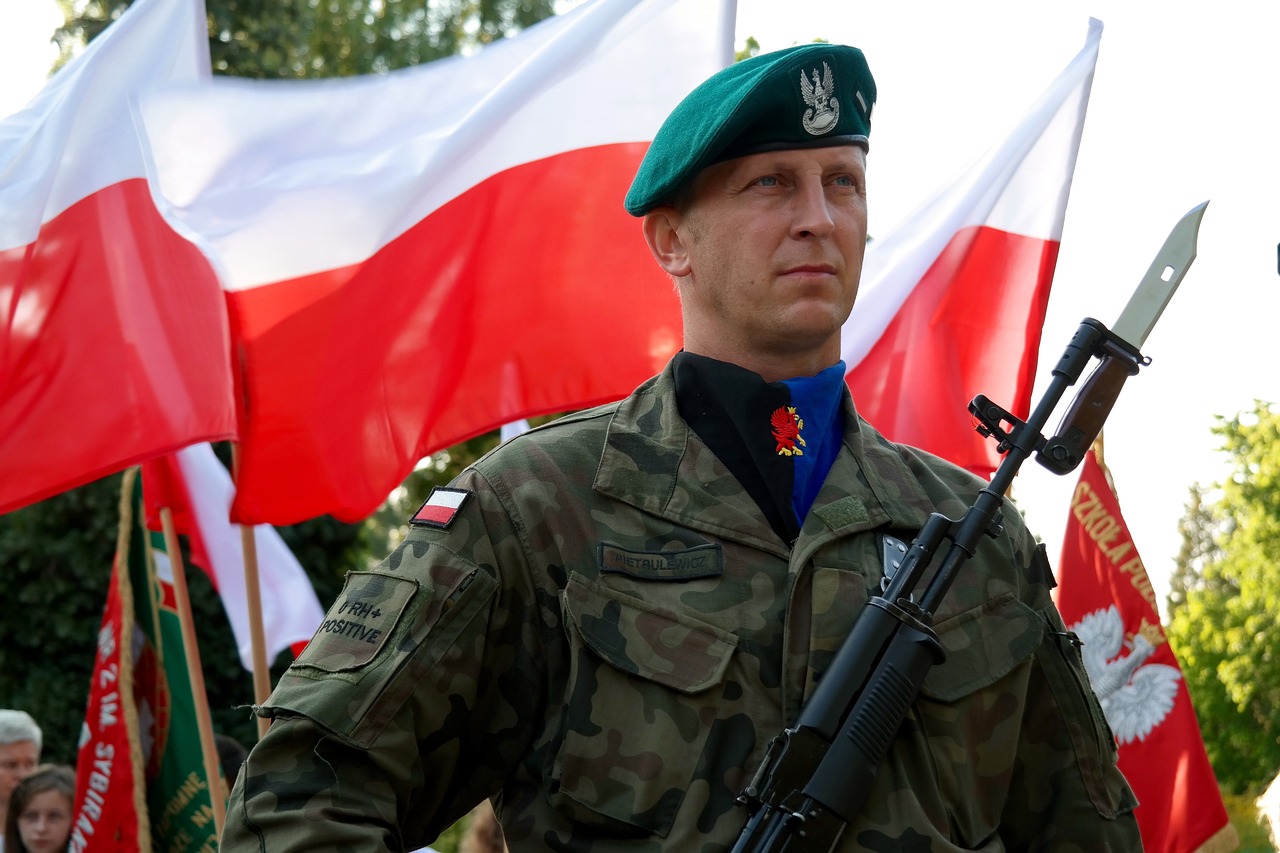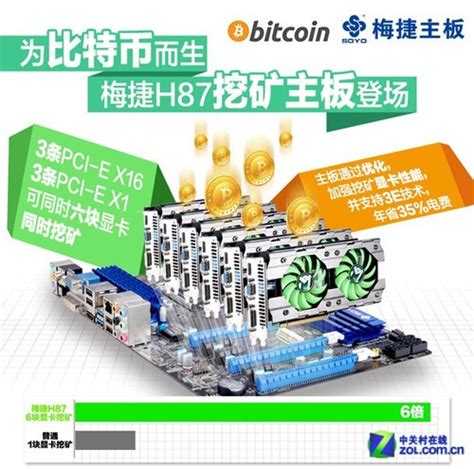4.
Community Management and Engagement:
Marketing professionals develop strategies to promote the blockchain center project, raise awareness, and attract users and investors. They create compelling content, such as blog posts, articles, videos, and infographics, to communicate the project's value proposition effectively. Marketing campaigns, community outreach efforts, and branding initiatives help to position the project in the competitive blockchain market.
Community managers interact with stakeholders, including developers, investors, enthusiasts, and users, to foster a vibrant and supportive community around the blockchain center project. They manage social media channels, organize events, and facilitate communication to ensure transparency and inclusivity. Community engagement helps to build trust, gather feedback, and drive adoption of the project's solutions.
8.
Quality Assurance and Testing:
The development department forms the core of any blockchain center project. It comprises blockchain developers, smart contract engineers, and software architects who design, build, and maintain the blockchain infrastructure. They are responsible for creating decentralized applications (DApps), optimizing blockchain protocols, and ensuring the security and scalability of the platform.
2.
Research and Innovation Department:
6.
Marketing and Communications:
Quality assurance (QA) engineers and testing specialists are responsible for ensuring the reliability, security, and performance of the blockchain center project's software and infrastructure. They conduct rigorous testing, identify bugs and vulnerabilities, and implement measures to enhance the overall quality of the platform. QA processes are crucial for maintaining user trust and confidence in the project.
In a blockchain center project, various departments work collaboratively to ensure the smooth functioning and success of the initiative. These departments are pivotal in handling different aspects of blockchain technology, ranging from development to marketing and compliance. Let's delve into the key departments typically found in a blockchain center project:
In conclusion, a blockchain center project encompasses a diverse range of departments, each contributing unique expertise and skills to drive innovation, adoption, and growth within the blockchain ecosystem. By fostering collaboration and synergy among these departments, the project can realize its vision of revolutionizing industries and empowering communities through blockchain technology.
The operations and administration department manages the daytoday activities and logistical aspects of the blockchain center project. This includes overseeing facilities, coordinating events, managing budgets, and providing administrative support to other departments. Efficient operations ensure that resources are allocated effectively and that project milestones are met on time.
5.
Legal and Compliance Department:
3.
Business Development and Partnerships:
Title: Understanding the Departments in a Blockchain Center Project
7.
Operations and Administration:
Business development professionals establish strategic partnerships, negotiate collaborations, and explore new business opportunities for the blockchain center project. They engage with enterprises, startups, government agencies, and industry stakeholders to foster adoption and drive ecosystem growth. This department plays a crucial role in expanding the project's network and enhancing its market reach.
Word Count: 553 words

This department focuses on exploring emerging trends, conducting market analysis, and driving innovation within the blockchain space. Researchers analyze new technologies, such as consensus mechanisms, scalability solutions, and interoperability protocols, to enhance the project's competitiveness and relevance. They also collaborate with academic institutions and industry experts to stay updated with the latest developments.
1.
Development Department:
Ensuring compliance with regulatory requirements is essential for the longterm success and sustainability of a blockchain center project. Legal experts in this department navigate the complex legal landscape surrounding blockchain technology, addressing issues related to data privacy, intellectual property rights, securities regulations, and antimoney laundering (AML) measures. They work closely with regulators and legal advisors to mitigate risks and ensure regulatory compliance.










